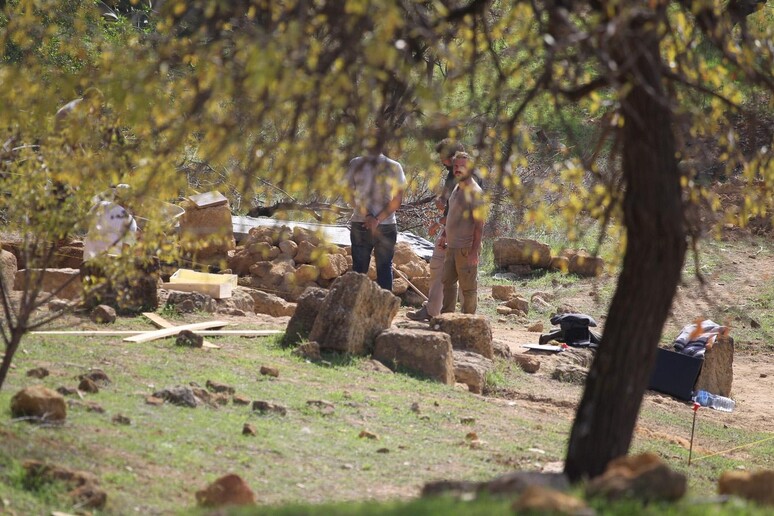Archaeologists digging in the Sicilian town of Agrigento may have discovered a system of squares typical of ancient Greek cities, experts said on Tuesday.
"This series of squares constitute the monumental elements; you move from one square to another without a road," said archeologist Luigi Caliò of Catania university. The Imperial Forums in Rome use the same system, he added.
"It is the Hellenistic scenography," Caliò explained. "There is a crucial point that needs to be studied," he continued.
"We don't know exactly what shape this square had, the differences in ground level tell us there is terracing, there is a 6-7 m difference in level between one side and the other so there must have been slopes, stairs, terraces," Caliò said. The discovery currently lies buried but may see the light alongside the ancient Greek theatre currently under excavation, which archaeologists believe could date to the third century BC.
ALL RIGHTS RESERVED © Copyright ANSA











